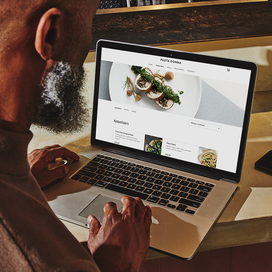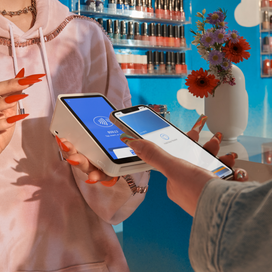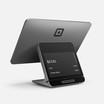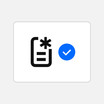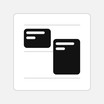Opening a retail store had always been a dream for Jory Edmunds. And even after a two-decade career in advertising, that dream never really went away. He’d come up with a name (hint: Phylum) that he kept tucked away in his back pocket for twenty years just in case, and he even quietly admired other retail shops from afar, until one shopping trip changed everything.
“One fateful day my husband and I, with two friends who were visiting us, happened to go into the store that was in the spot where we are now. And the owners let us know that they were retiring and that they were going to close down,” Jory Edmunds remembered. Later that night, over margaritas, his husband and friends encouraged him to follow his dream as he mulled over the opportunity staring him in the face. “Jory, you absolutely have to do this. You’ve wanted to do this your whole life, and this is your moment,” Edmunds recalled, reciting the words his support system used to cheer him on.
In 2023, it turns out their efforts weren’t in vain. Edmunds followed through on his dream and opened Phylum, a design-centered “modernist mercantile” that carries carefully curated art and home goods from artists and makers all around the world, from California to Japan.
The challenge: Creating a personalized shopping experience
When it came time to find a system that could help power his vision, he knew he needed a system that allowed him to perform the basics, like track inventory and process payments. But with Phylum, Edmunds hoped to create a business that was set apart from big box stores and local competitors.
“I think [customers] have come to expect less, and I find that just so depressing … and we wanted to go against that,” Edmunds said. He wanted to create a highly personalized experience that placed the customer at the center of every aspect of the business. Regardless of whether they were local to the area or just visiting on vacation, he wanted to have a way to service them in a personalized way.
Two key components to this personalized experience were one-on-one appointments and flexible ways to pay. The payment piece became even more critical when he thought about the vacationing customer because he realized that shoppers weren’t necessarily looking to purchase bulkier items such as furniture or serving ware during their travels.
Edmunds didn’t want to leave them in a lurch and knew he needed to come up with a solution. How could he allow shoppers to visit the store from afar and explore items virtually and subsequently process payments from a distance?
The solution: Building out ways to connect with customers on their terms
Edmunds found the solutions he needed in one business technology platform: Square. He uses Square for Retail to process payments and manage inventory, and he turns to the wider collection of tools to engage with customers on their terms.
For travelers who want to keep shopping long after they’ve gone home, Phylum uses Square Appointments to offer one-on-one virtual appointments, where a design expert can meet with customers to discuss their interests and even walk them through the store to shop. Square Invoices allows faraway customers to seamlessly pay for the items they order during those virtual appointments. “The invoice tool is fantastic for that,” Edmunds says. “It’s exceptionally helpful and a very polished experience for a very high-value customer.”
When he’s not checking customers out or sending invoices, he’s doing the one thing he wants to do most: create connections. Customers receive free gift-wrapping, free shipping, and free local delivery. In fact, Edmunds himself, might be the delivery driver, pulling up to a house with his car packed up like Santa’s sleigh.
“Do these things cost us money? Absolutely,” Edmunds says. “But do they really engender love and loyalty from our customers? It does that in multitude.”
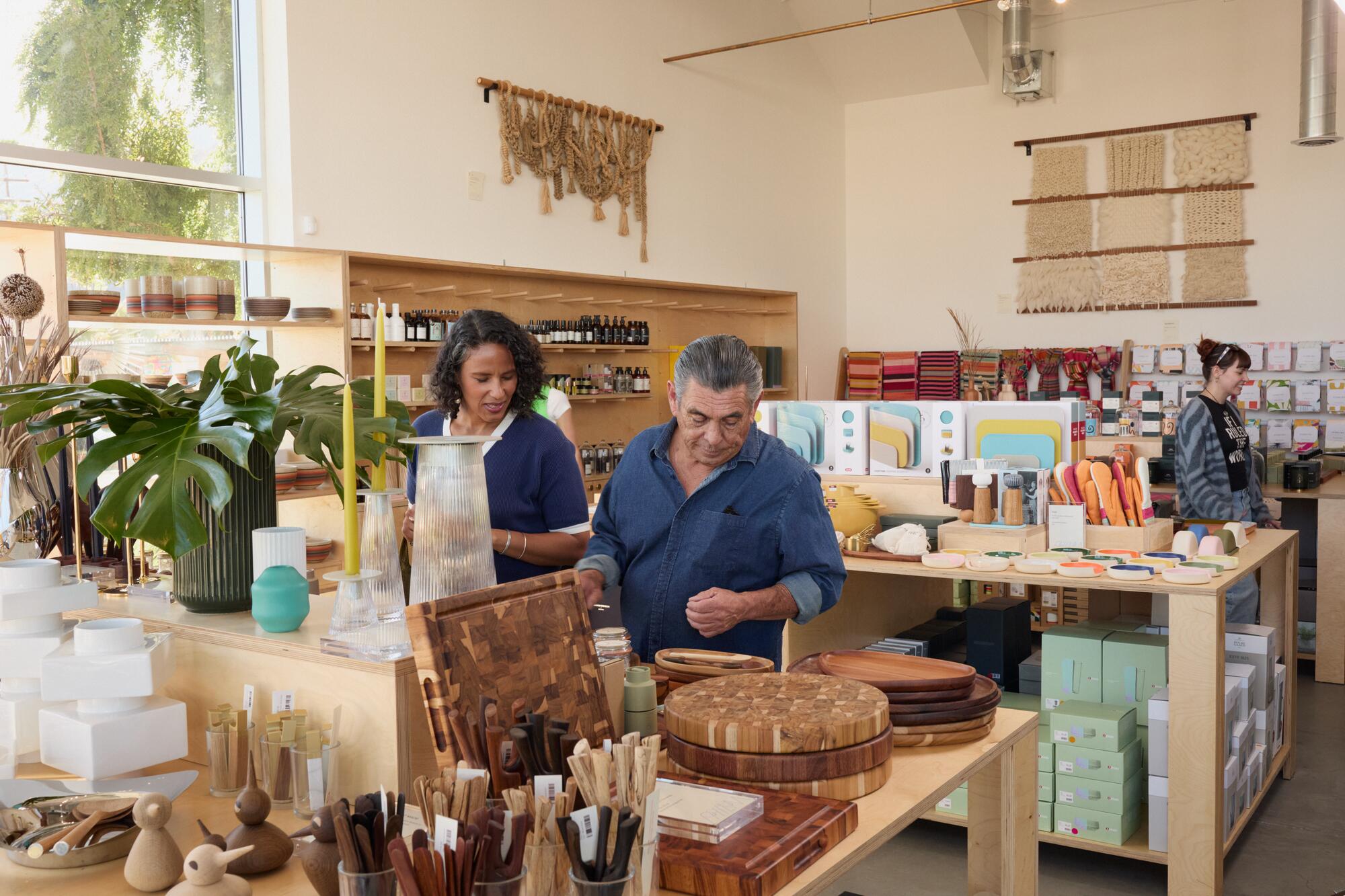
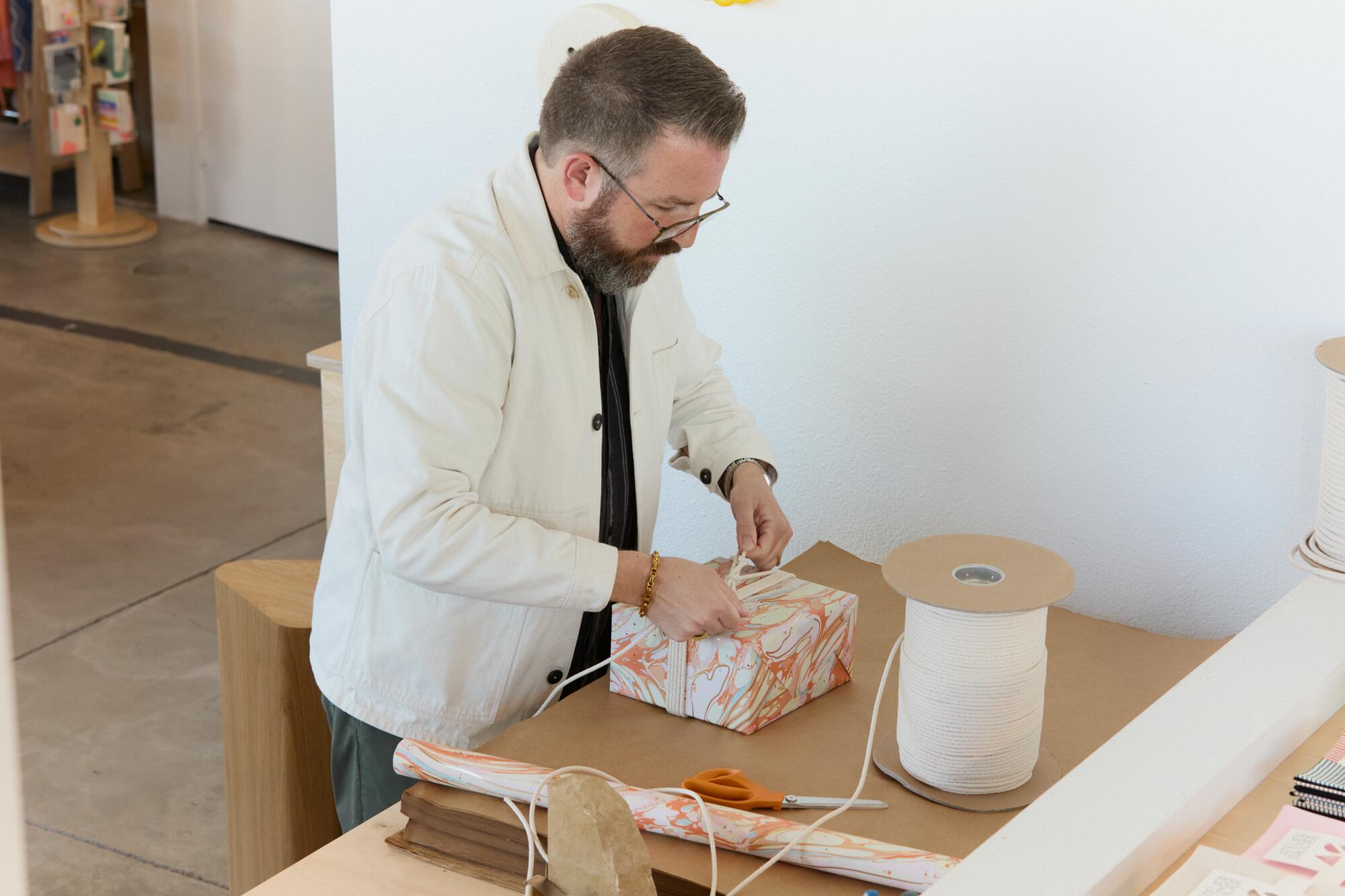
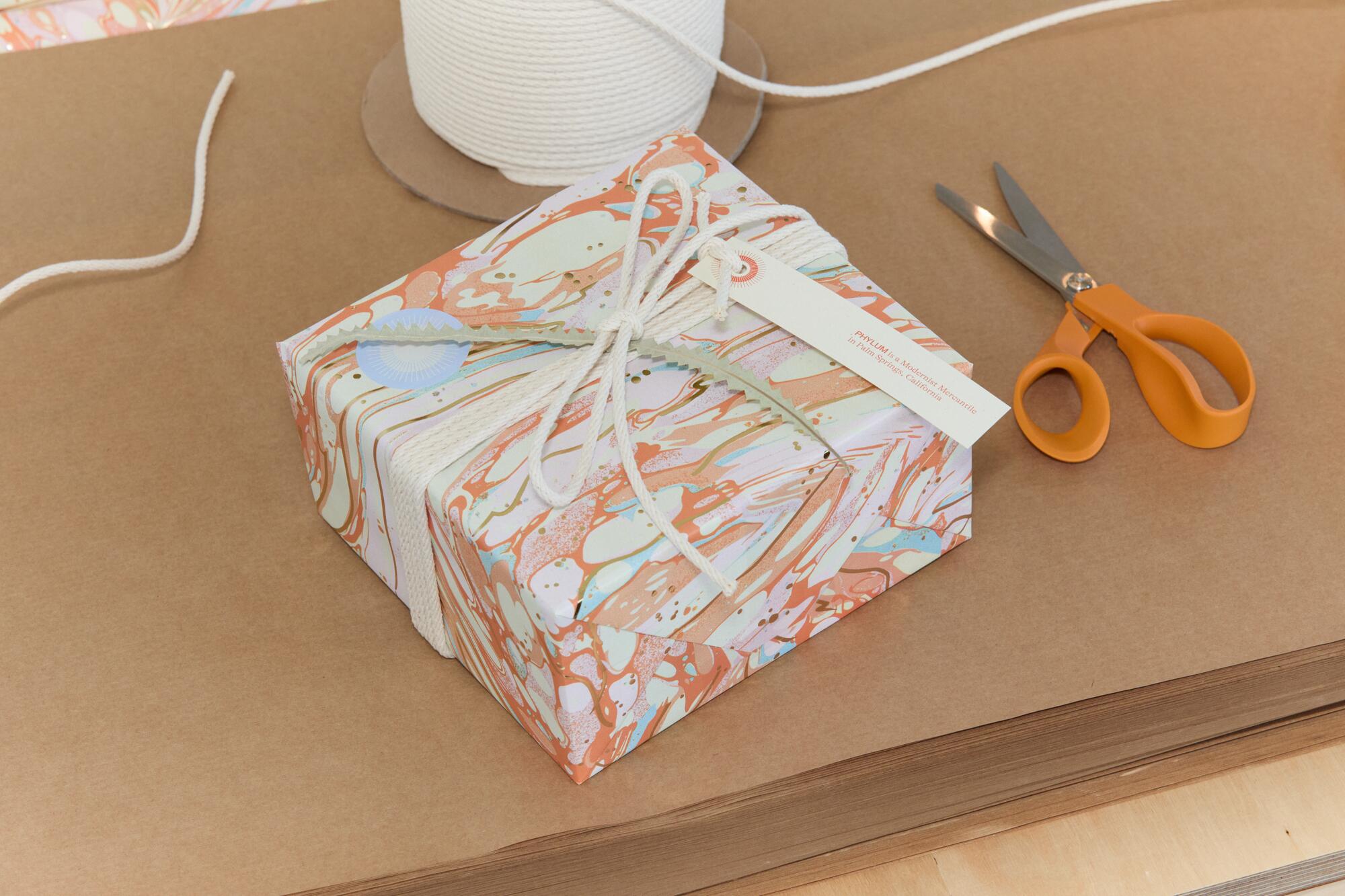
The impact: Establishing the confidence to grow
With a laser focus on customers, Edmunds turned to Square Loyalty to help manage the customer relationships he built. In fact, he noticed that loyalty customers tend to spend an average of 368% more than non-loyalty customers. Edmunds refers to the loyalty program as an “emotional benefit” that keeps people engaged and wanting to come back.
“I have to credit the loyalty program for really helping drive a lot of success for us,” Edmunds says. “I think it’s quite easy and intuitive for people to sign up and to utilize their points. It feels very polished, and it’s exciting for people to see how many points they have.”
With a solid formula through customer experience and tools, opening a second location is currently at the “top of his list.” When and if that happens, he knows the formula for success: technology that can handle the administrative tasks, leaving Edmunds and his team time to focus on what matters.
“I think being vehemently customer-first will always benefit the business in the end,” Edmunds says.
![]()


